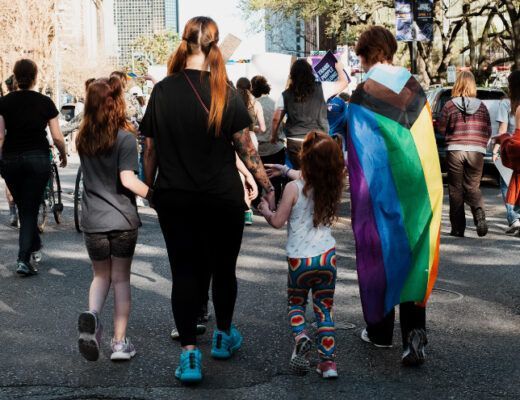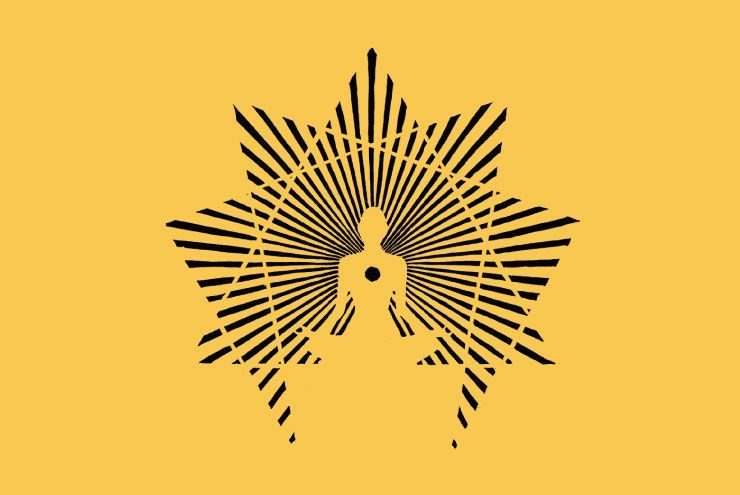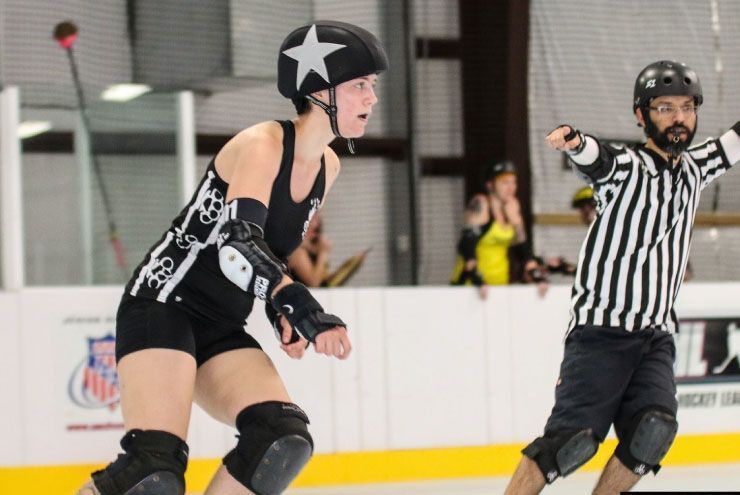By Josh Inocéncio
Everybody’s wonderin’ what and where they all came from, everybody’s worryin’ ‘bout where they’re gonna go when the whole thing’s done. But no one knows for certain and so it’s all the same to me. I think I’ll just let the mystery be.—Iris DeMent
A third of my heart is buried in the Kentucky hills, a land of rich, black soil that nurtured my mother’s childhood. My father’s parents immigrated to the United States from Austria and Mexico, but my mother’s family has lived in eastern Kentucky for generations—far back enough that we don’t know where many of them originated before Appalachia. We are the Greenwoods, the Copes, the Johnsons, and the Hamptons. My mother grew up in and around Laurel County, amid gospel charmers and moonshine makers, amid nocturnal truckers and gaudy quilters. And shortly after she turned 19, she burst from the small town sticks and drove to Houston, one of the biggest cities she could find.
While Kentucky teeters on the northern peaks of the South, the legacies of slavery and homophobia tinge our blood just as permanently as my uncle’s all but faded Confederate flag tattoo. My mom, I suppose, was indifferent to the ol’ Dixie fandom that rallied many men in my family, but when she came to Texas, she carried her Kentucky roots with her. She may have yearned for a big city like Houston, but living in deeply red Texas allowed her firebrand Pentecostal denomination to thrive. This religion, obsessed with catastrophe and apocalypse, remained a staunch border that contained my queerness until I was 23.
I came out to my mother first, unwillingly, in an airport right before we embarked on a mother-son trip to Philadelphia and New York. She choked it out of me, as I joke with her now. For days, I had quietly avoided her, anticipating that I would break—and break I did, tears flowing while blurrily recollecting old memories about first loves, trying to patch together this hidden history to explain myself. In her white face and blonde hair, I saw myself as her own eyes welled. Flooded with images of purple sores on AIDS patients, fishnets on drag queens, and whatever else tore into her imagination, she lamented both a past she never knew and a future she couldn’t predict. I was neither a drag queen nor HIV-positive, but her limited dose of “gay culture” on the nightly news was enough to unnerve.
But long before I came out to her on that June morning, I had to wrestle with coming out to myself despite my religious upbringing. I knew I was queer and attracted to other boys by age 13, but instead of telling my parents or friends, I silenced myself and committed to “praying the gay away.” For 10 years, I wandered in my own desert, devoid of sexual and romantic firsts, as I drank the dregs of religious hope. Even after my family departed Pentecostal radicalism when I was 15, traces of Christian dread and guilt stained my soul. I nestled into a more intellectualized Christianity, inspired by C.S. Lewis and Søren Kierkegaard, but still swallowed my sexuality. Like Paul of Tarsus, I considered queerness a “thorn in my side”—a pain I would always live with, but never embrace.
Ironically, I gathered the courage to come out after living in Tallahassee, a city smaller and more traditionally southern than Houston or anywhere in Kentucky. Hovelled in libraries and theatres as a graduate student at Florida State, my work as a researcher and performer (as well as the miles and miles between Houston and me) allowed for intimate play with the identity collisions I experienced as a queer, a southerner, a Texan, a Latino—and with other guys who were just as conflicted as me. As southern queer boys, we hold a little extra anguish.
My mother and I, both charred in our own ways by conservative youths and false promises of religion, have found a peace with each other, and now she’s protective of her queer son. With a few exceptions, the rest of my family in Kentucky trudges to acceptance, mired in apostolic visions of sexuality and rural worship of masculinity, but time and distance cultivate wondrous feats. My mother defines her childhood religion on her own terms now, while I—after moving from Pentecostal and Baptist affairs to Episcopalian and Catholic flirtations—have found a home in not-knowing, in a kind of agnosticism. As Iris DeMent revels in her ballad, I’m happy to “let the mystery be.”







